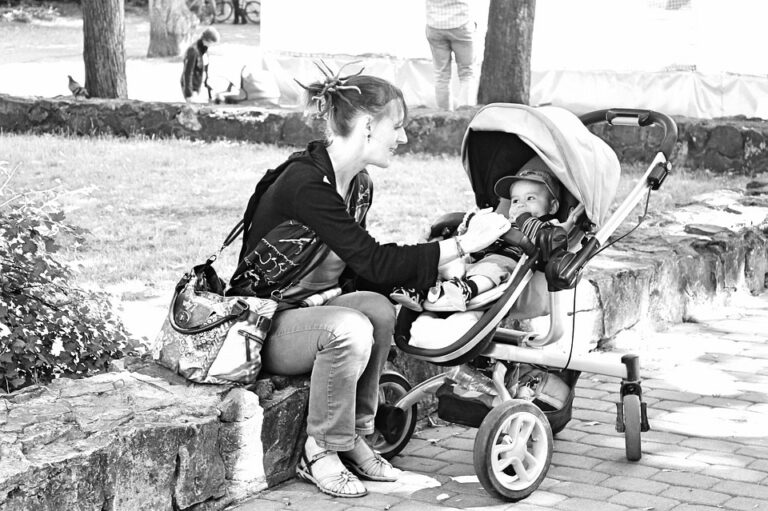
[ad_1]
Empowering Kids: The Importance of Teaching Responsibility at a Young Age
As parents, educators, and caregivers, we all want our kids to grow up to be responsible and independent individuals. One of the best ways to foster these qualities in children is by teaching them responsibility at a young age. This not only helps them grow into capable adults but also sets them up for success in all aspects of their lives. In this article, we will explore the importance of teaching responsibility to kids and how it can empower them to thrive in the world.
The Importance of Teaching Responsibility
Instilling a sense of responsibility in children from a young age is crucial for their development. When kids learn to take responsibility for their actions and behaviors, they develop a sense of accountability and self-discipline. This helps them understand the consequences of their actions and makes them more mindful of their choices. Teaching responsibility also helps kids build resilience and problem-solving skills, as they learn to navigate challenges and setbacks with a positive attitude.
When kids are taught responsibility, they also learn to take ownership of their tasks and commitments. This can lead to a strong work ethic and a sense of pride in their achievements. Moreover, responsible individuals tend to be more reliable and trustworthy, qualities that are highly valued in various areas of life, including academics, relationships, and future careers.
Empowering Kids Through Responsibility
Teaching kids to be responsible empowers them to take control of their lives and become proactive in their decision-making. It gives them a sense of independence and agency, allowing them to contribute positively to their families, communities, and society at large. Responsible kids are more likely to make thoughtful choices and demonstrate respect for themselves and others, thus becoming positive role models for their peers.
Moreover, kids who are empowered through responsibility often exhibit higher levels of confidence and self-esteem. When they are trusted with tasks and given the freedom to make decisions, they feel valued and capable. This, in turn, leads to a greater sense of self-efficacy and a willingness to take on challenges and pursue their goals with determination.
Real-Life Examples
One of the most inspiring real-life examples of kids being empowered through responsibility is the story of Alex, a 10-year-old boy who took it upon himself to organize a fundraising event for a local animal shelter. With the support of his parents and teachers, Alex planned and executed a charity bake sale, raising over $1000 for the shelter. Through this experience, Alex learned the importance of giving back to the community and gained a sense of accomplishment in making a positive impact.
Another example is that of Sarah, a 12-year-old girl who was given the responsibility of caring for her younger siblings when her parents were at work. Despite the initial challenges, Sarah learned to manage her time effectively, nurture her siblings, and ensure that the household ran smoothly. This experience not only made Sarah more mature and adaptable but also strengthened the bond between her and her siblings.
Conclusion
Teaching responsibility to kids at a young age is essential for their personal and social development. It empowers them to become independent, resilient, and compassionate individuals, setting them up for a lifetime of success. By providing kids with opportunities to take on responsibilities and make meaningful contributions, we can help them grow into confident and capable adults who are ready to face the challenges of the world.
FAQs
Q: At what age should responsibility be introduced to kids?
A: Responsibility can be introduced to kids as early as preschool age, with age-appropriate tasks and expectations. As they grow older, more complex responsibilities can be added to their repertoire.
Q: How can parents and educators teach responsibility to kids?
A: Teaching responsibility can be done through modeling, setting clear expectations, and providing opportunities for kids to take on tasks and make decisions. Consistent praise and reinforcement also play a crucial role in teaching responsibility to kids.
Q: What are the long-term benefits of teaching responsibility to kids?
A: The long-term benefits of teaching responsibility to kids include the development of strong character traits such as resilience, accountability, and reliability. Responsible kids are more likely to succeed academically, form healthy relationships, and excel in their future careers.
[ad_2]